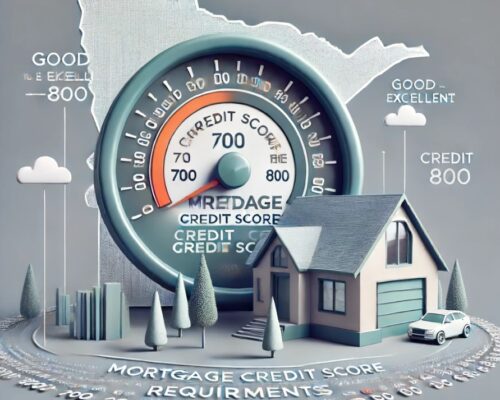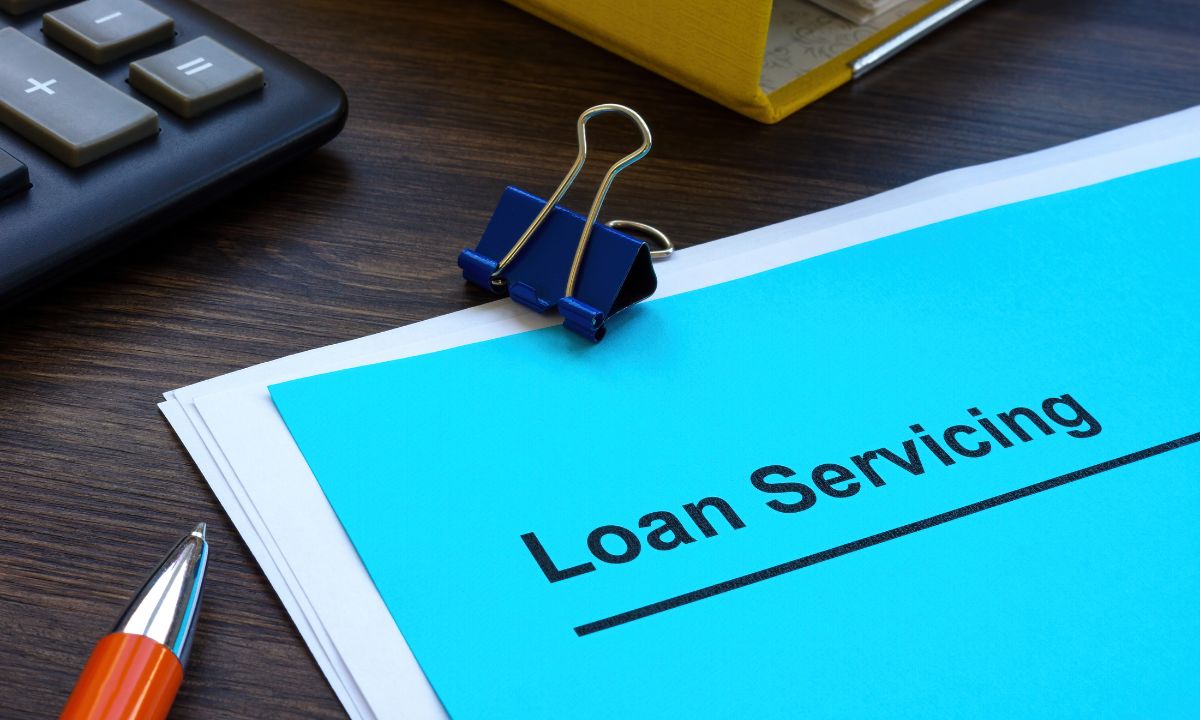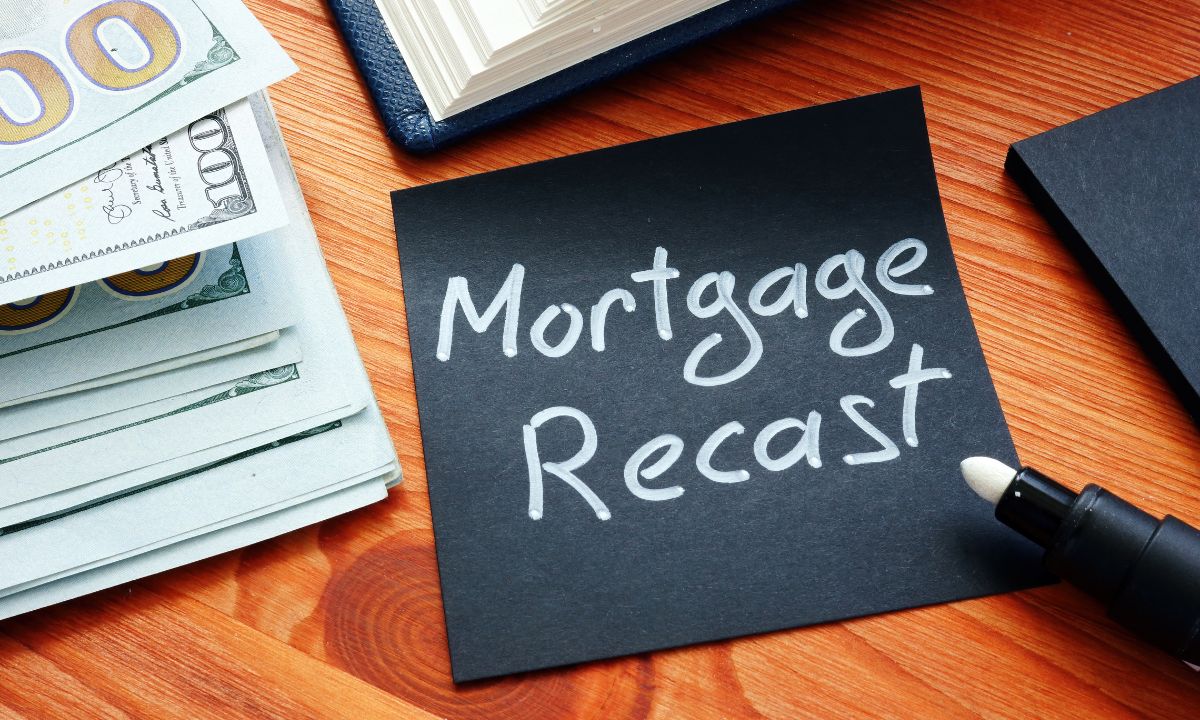
A welcome and unexpected data release for both the PPI and CPI shows inflation expectations coming in lower than expected. The positive news was somewhat mitigated by the hawkish FOMC rate decision that also took place during the same week. Still, there is more optimism given that the data releases in the past 30 days have shown signs of inflation coming under control. At the very least, it suggests that the Federal Reserve’s policy to keep inflation under control has been effective. As a result, lending partners have quickly cut rates again after the meeting this week.
Consumer Price Index
The cost of consumer goods and services were unchanged in May for the first time in almost two years, suggesting the resurgence in inflation earlier in the year might be petering out. The flat reading in the Consumer Price Index last month was below the forecast for a 0.1% increase, based on a poll of economists by The Wall Street Journal.
Produce Price Index
U.S. wholesale prices fell in May for the second time in three months (thanks partly to lower gas prices), perhaps another sign that the upturn in inflation earlier this year is fading. The Producer Price Index dropped 0.2% last month, the government said Thursday. Economists polled by The Wall Street Journal had forecast an increase of 0.1%.
FOMC Rate Decision
Federal Reserve Chair Jerome Powell was tight-lipped at his press conference Wednesday, having been stung previously by too much optimism. The Federal Reserve remained hawkish throughout the conference and maintained current interest rates.
Primary Mortgage Market Survey Index
- 15-Yr FRM rates are seeing a decrease by -0.12% with the current rate at 6.17%
- 30-Yr FRM rates are seeing a decrease by -0.04% with the current rate at 6.95%
MND Rate Index
- 30-Yr FHA rates are seeing a decrease by -0.20% for this week. Current rates at 6.44%
- 30-Yr VA rates are seeing a decrease by -0.20% for this week. Current rates at 6.45%
Jobless Claims
Initial Claims were reported to be 242,000 compared to the expected claims of 225,000. The prior week landed at 229,000.
What’s Ahead
The proceeding weeks for FOMC rate decisions and inflation data reports are typically light. Next week has a higher-than-expected amount of influential releases. The lineup includes Retail Sales and the official S&P Global US Manufacturing PMI numbers, giving us a clear indicator of the state of manufacturing for the U.S.

 Are you dreaming of the day when you can declare yourself mortgage-free? Paying off your mortgage early not only liberates you from monthly payments but can also save you a significant amount in interest. While it may seem daunting, a few strategic moves can bring this goal within reach. Here are seven actionable tips to help you pay off your mortgage early and save on interest.
Are you dreaming of the day when you can declare yourself mortgage-free? Paying off your mortgage early not only liberates you from monthly payments but can also save you a significant amount in interest. While it may seem daunting, a few strategic moves can bring this goal within reach. Here are seven actionable tips to help you pay off your mortgage early and save on interest.
 Working through the mortgage process can be complex, and one significant yet often misunderstood aspect is the role of a mortgage loan servicer. You might be familiar with lenders, the entities that provide the funds for your home purchase, the servicer is the company you’ll interact with most frequently over the life of your loan. Understanding what a mortgage loan servicer does can help you manage your mortgage more effectively and know who to turn to with any questions or issues.
Working through the mortgage process can be complex, and one significant yet often misunderstood aspect is the role of a mortgage loan servicer. You might be familiar with lenders, the entities that provide the funds for your home purchase, the servicer is the company you’ll interact with most frequently over the life of your loan. Understanding what a mortgage loan servicer does can help you manage your mortgage more effectively and know who to turn to with any questions or issues. When it comes to managing your mortgage, you might have heard of refinancing as a popular option to reduce monthly payments or pay off your loan faster. However, there’s another lesser-known strategy called mortgage recasting. Let’s dive into what mortgage recasting is, how it works when it makes sense to consider it, and when you might want to avoid it.
When it comes to managing your mortgage, you might have heard of refinancing as a popular option to reduce monthly payments or pay off your loan faster. However, there’s another lesser-known strategy called mortgage recasting. Let’s dive into what mortgage recasting is, how it works when it makes sense to consider it, and when you might want to avoid it. Buying a home is always an exciting journey, but it can also be overwhelming, especially when it comes to working through the mortgage process. One key player who will help to ensure your loan goes smoothly through this process is the Mortgage Loan Processor. If you’re wondering what to expect when working with a Mortgage Loan Processor, here’s a rundown of their important role and how they help you close your loan efficiently.
Buying a home is always an exciting journey, but it can also be overwhelming, especially when it comes to working through the mortgage process. One key player who will help to ensure your loan goes smoothly through this process is the Mortgage Loan Processor. If you’re wondering what to expect when working with a Mortgage Loan Processor, here’s a rundown of their important role and how they help you close your loan efficiently.

 Owning a home is a dream come true for many, but amidst the joy of owning a piece of property, many responsibilities can often catch homeowners off guard. While the initial purchase price and mortgage payments are the most obvious expenses, the lesser-known significant costs associated with home maintenance and repairs can wreak havoc on your finances if not properly anticipated. We will discuss the hidden costs of homeownership and provide valuable insights on how to prepare and estimate future expenses, ensuring you’re equipped to manage your home without breaking the bank.
Owning a home is a dream come true for many, but amidst the joy of owning a piece of property, many responsibilities can often catch homeowners off guard. While the initial purchase price and mortgage payments are the most obvious expenses, the lesser-known significant costs associated with home maintenance and repairs can wreak havoc on your finances if not properly anticipated. We will discuss the hidden costs of homeownership and provide valuable insights on how to prepare and estimate future expenses, ensuring you’re equipped to manage your home without breaking the bank.